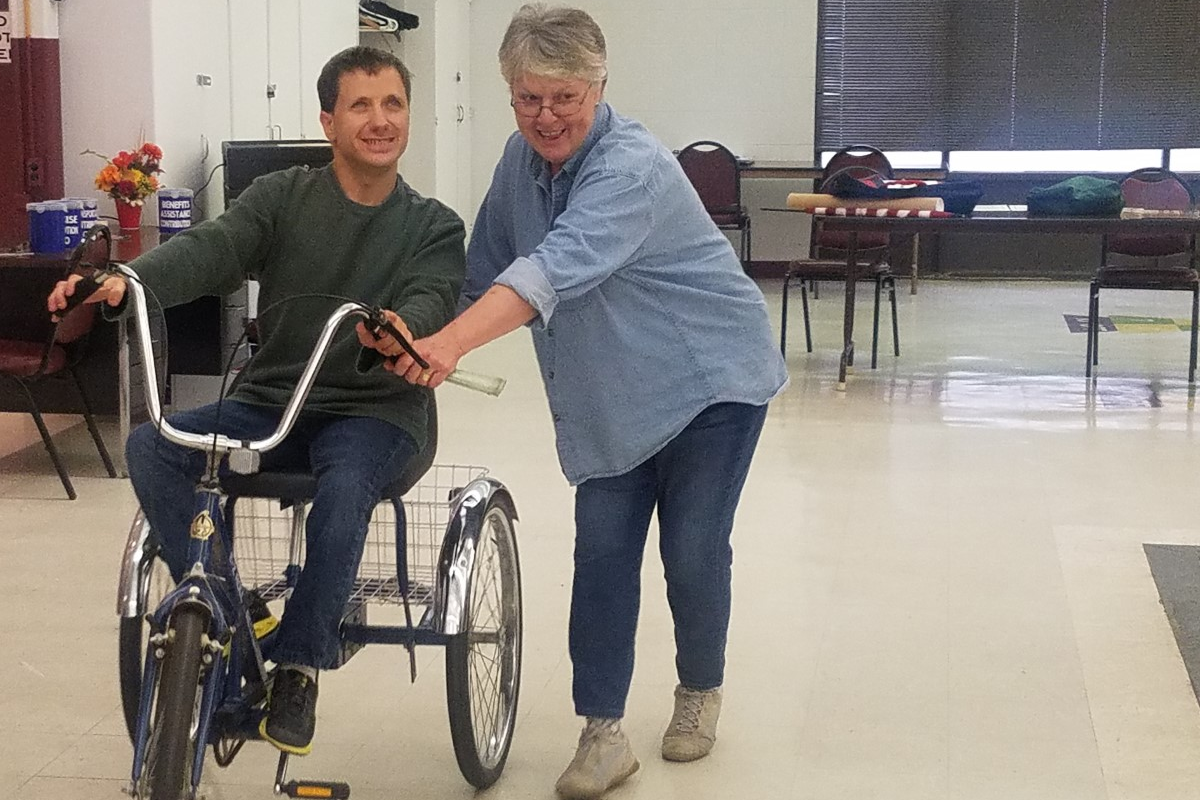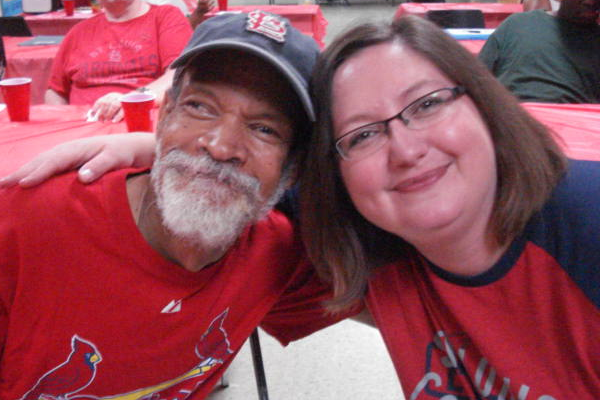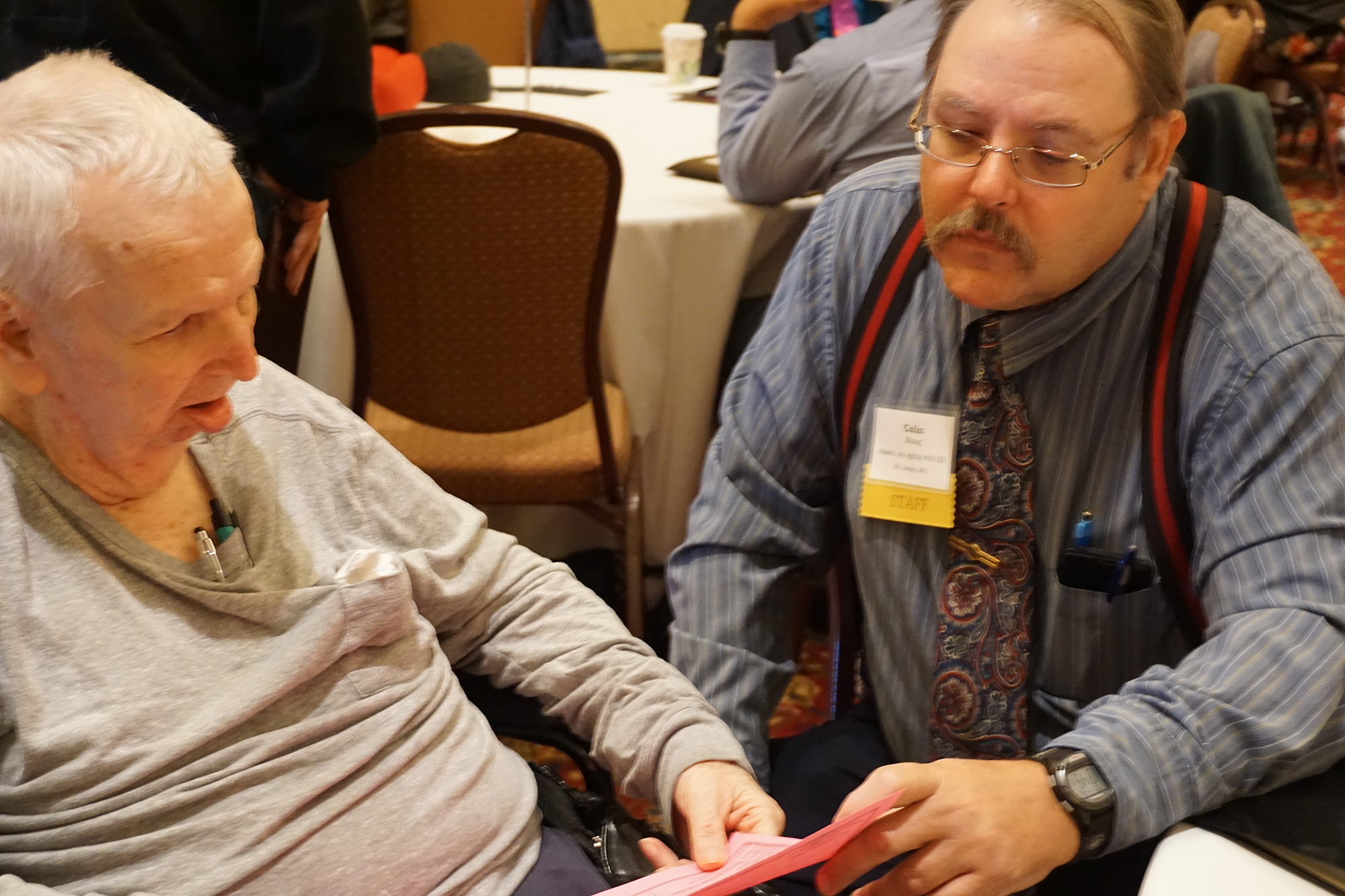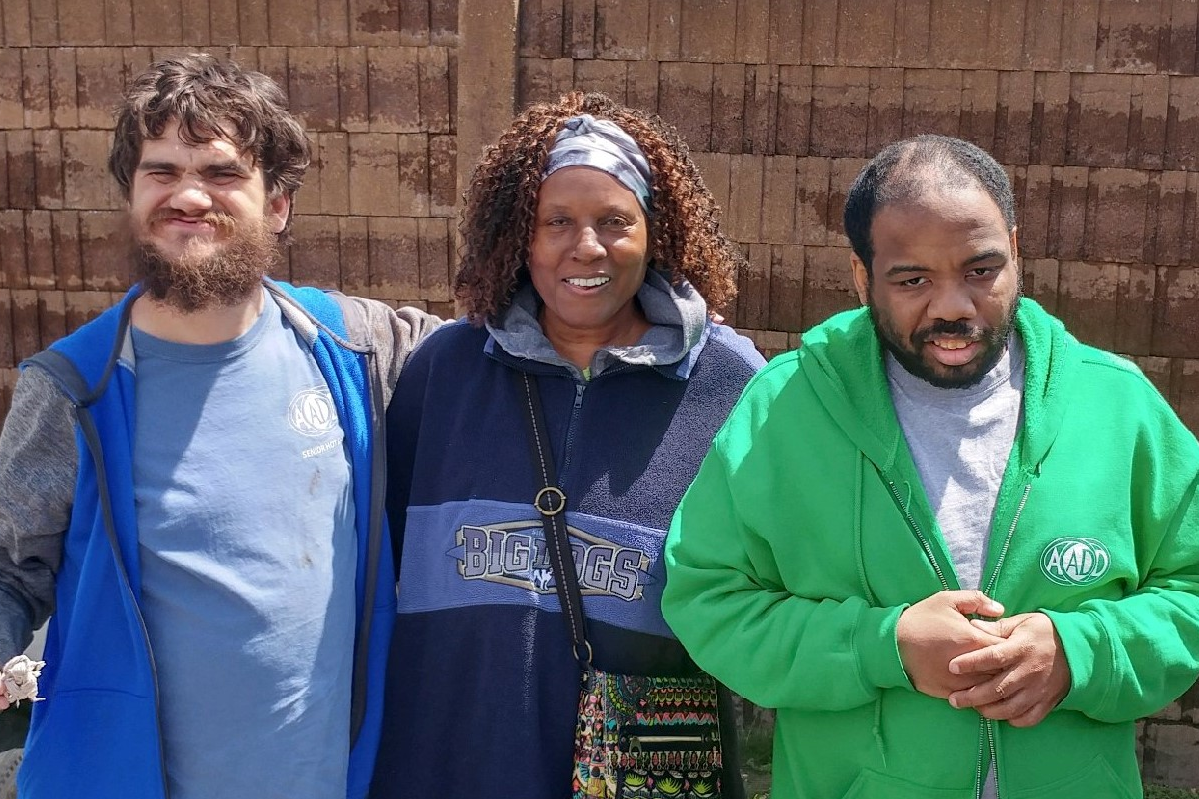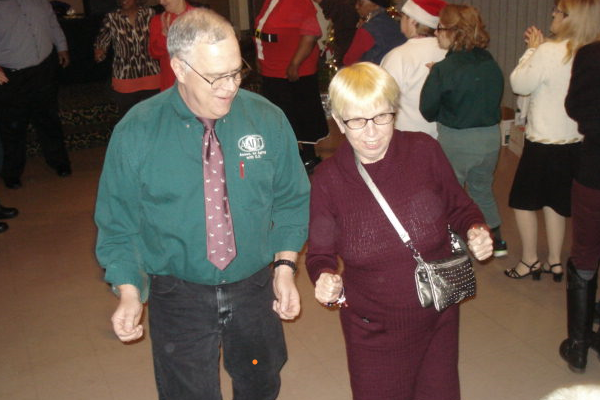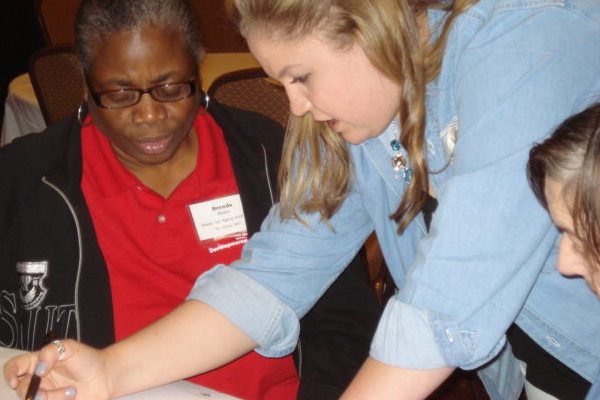Background
The Association on Aging with Developmental Disabilities (AADD) was initially formed in 1989 as a special interest group and became incorporated in 1994. The organization was created to support the increasing needs of older adults with developmental disabilities (mental retardation, cerebral palsy, epilepsy, autism, severe learning disabilities and head injuries that occur by the age of 21).
The Need
People, including those with developmental disabilities, are living longer than ever before, and with increased life expectancy comes increased challenges in addressing age-related issues. AADD recognizes the growing need for services designed to meet the unique needs of individuals as they are aging and provides individualized supports, depending on the person’s circumstances and desires.
History
The Association on Aging with Developmental Disabilities (AADD) was initially formed in 1989 as a special interest group and became incorporated in 1994. AADD has a primary objective of bringing the aging and developmental disability fields together to create and provide best practices for people aging with developmental disabilities (autism spectrum disorder, cerebral palsy, down syndrome, learning disabilities, epilepsy, and intellectual disability—formerly known as mental retardation). It is a one of a kind organization in the United States, serving three area counties through ongoing programs and providing consultation and education beyond the geographical service area. In particular, AADD offers an Annual Conference on Aging with Developmental Disabilities. Under the leadership of Executive Director, Pamela J. Merkle, programs for people with developmental disabilities supported by AADD have been successful with progressive growth over the last 20 plus years.
Historically, people with developmental disabilities died at younger ages. However, more recently, individuals with developmental disabilities have experienced a more dramatic increase in lifespan than the general population. The average life expectancy for people with a developmental disability was 22 years in 1931, compared to 62 years for the general population. Now, average life expectancy is 70 years for most people with developmental disabilities, quickly approaching that of the general population. Sadly, AADD's oldest participant passed away in the Spring of 2020, just 3 months shy of her 90th Birthday. The oldest person currently served by AADD is an active 87 years old, and still living independently in her own apartment!
Better healthcare and de-institutionalization have contributed to the rise in life expectancy; people with developmental disabilities who are living into older ages either grew up in the family home or were institutionalized. As older adults, they are living with aging family members, living independently or in supported living/group home settings. Most people with developmental disabilities did not produce offspring, so they have little if any family support as they age, thus the increased need for the support provided by AADD.
Through our direct services, AADD's overarching goal is to prevent entry into unnecessary long-term care placement and premature death in individuals who are aging with developmental disabilities. In response, all AADD programs have a common goal to provide necessary training to assist individuals in achieving a greater independence in the home and community while aging in place.
Notable Distinctions
- In 2011, AADD’s Final Game Plan program received the Missouri Association of County Developmental Disability Services Cutting Edge award for its approach to end of life issues facing individuals with developmental disabilities (Note: this program was phased out due to lack of funding effective 6/30/17).
- In 2013, AADD was the topic of a doctoral dissertation written by Dr. Tina Grosso, Assistant Professor of Gerontology at Lindenwood University entitled Maximizing Independence for Older Adults With Developmental Disabilities Via Andragogical Techniques: A Program Evaluation - The Association on Aging With Developmental Disabilities.
- In 2017, AADD collaborated with funders and agency providers to create a Dementia Capable Care Team in the St. Louis metropolitan area, bringing in the National Training Group (NTG) to provide nationally recognized training on dementia capable care.
- In 2019, AADD became the first known international organization to provide Circle of Friends®, an evidenced-based social isolation prevention curriculum developed in Finland, to individuals aging (60+) with a developmental disability. Data gathered throughout the service provision of Circle of Friends® will be included in a St. Louis University Gateway Geriatric Education Center study entitled The Use of Psychosocial Groups to Alleviate Loneliness and Isolation in Seniors.
- AADD and its programs have been featured in several recent media articles including Impact magazine, Aging Successfully and others.
- In 2022, AADD’s Executive Director, Pamela J. Merkle, was nominated for and selected as the awardee of the 2022 Harvey A. and Dorismae Hacker Friedman Award for Excellence in Service to Older Adults by the Friedman Center for Aging at Washington University.
- In 2022, AADD was awarded the Innovation in Supporting Aging Adults with Developmental Disabilities project funded by the Missouri Developmental Disabilities Council. The intent of this project was to collaborate with self-advocates and other organizations to create, implement, and evaluate a curriculum to support aging adults with developmental disabilities (DD) and their caregivers. The culmination of this project in 2024 resulted in the development of WE♥CARE, a comprehensive eight-week curriculum shared for implementation by organizations and communities to empower mutual caregivers with developmental disabilities nationwide.
- In collaboration with an ever-growing network of diverse stakeholders, AADD has assiduously planned and hosted an annual professional conference for over 30 years. Garnering interest both nationally and internationally, the intent of this two-day conference is to bring together professionals from aging and developmental disability fields to share best practices. AADD has also forged partnerships with several academic institutions, including St. Louis University Gateway Geriatric Education Center, the University of Missouri-Kansas City Institute for Human Development (a University Center on Excellence on Developmental Disability), and the Washington University School of Medicine Intellectual and Developmental Disabilities Research Center. The 34th Annual Aging with Developmental Disabilities Conference, offered as an in-person as well as a virtual event, drew more than 600 attendees. Attendees included doctors, nurses, social workers, case managers, direct support professionals, nursing home administrators, self-advocates, and many others from 30 different states as well as Washington D.C.
Board of Directors
Executive Committee
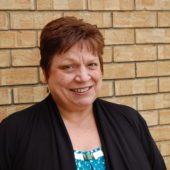
Mary Anne Tolliver, MPA
PresidentSt. Louis Arc
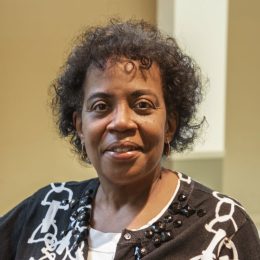
Myra Jackson, RN
Vice PresidentChestnut Health System
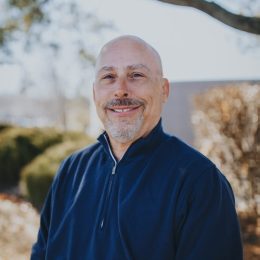
Craig Sever, RPh
TreasurerEverSpring Pharmacy
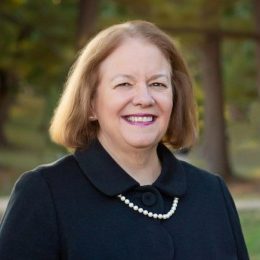
Martha C Brown, JD
SecretaryMidwest Trust Company
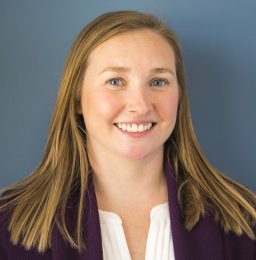
Kelli Barton, PhD
Member at LargeUMKC Institute for Human Development
Board Members
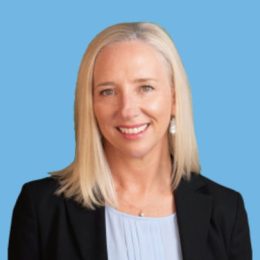
Jill Cigliana, MSOT, OTR/L
Memory Care Home Solutions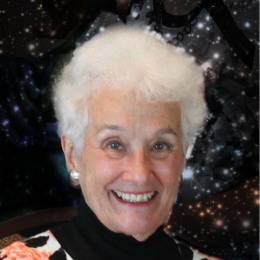
Carol Crebs
Retired Educator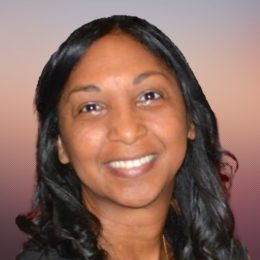
Yvonnda Ford, JD
Missouri Baptist University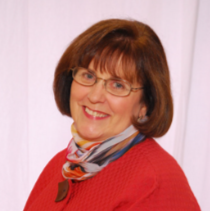
Catherine Goebel, MA, MSEd
Retired State Guardian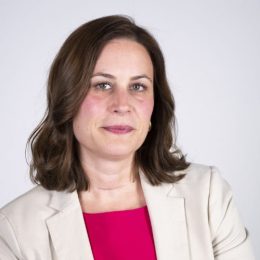
Emily Hartley
Missouri DD Council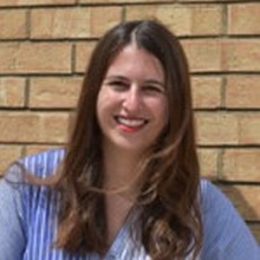
Hadley Kombrink, MPA
Hill's Pet Nutrition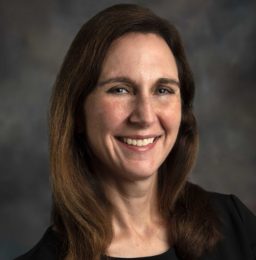
Katie MacLean, MSW, LCSW
St. Louis University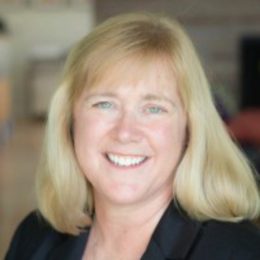
Terry Reiser, MS, MHA
Optum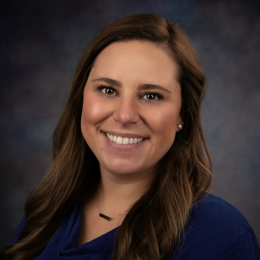
Gwendolyn Rodriguez, MS, BCBA
Beverly Farm Foundation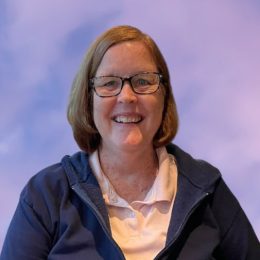
Nancy Shrewsbury, MSN, RN, CNL
Retired RN
Buz Zeman, LCSW
Housing Options Provided for the ElderlyLeadership
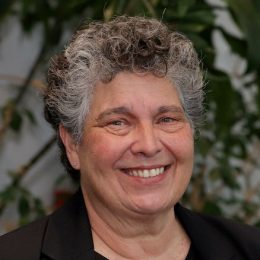
Pamela Merkle
Executive Director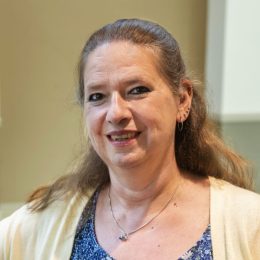
Katherine Farache
Assistant DirectorAs the Executive Director of the Association on Aging with Developmental Disabilities, Pamela J. Merkle is charged with advancing the organization’s mission and is responsible for the day to day operations of AADD including administration, budget development and monitoring, program development, grant procurement, Board programs, committee meetings, community networking, consultation, event planning and all personnel operations. She has an overall goal of bringing the aging and developmental disability worlds together. She has a BSBA from Southeast Missouri State University with an emphasis in Business Management and Gerontology. She also holds a Fellowship in Aging with Developmental Disabilities from the University of Missouri-Kansas City. Pam has over 40 years of combined experience in working in the fields of aging and developmental disabilities. Furthermore, she has been sought out as an expert on the topic of aging with developmental disabilities. She has been interviewed by Bridging Aging and Disability International Network, an international, interdisciplinary network of individuals interested in the concept and practice of bridging the fields of aging and disability. She participated as a stakeholder in a 2006 report to Congress on The Supply and Demand of Professional Social Workers Providing Long-Term Care Services. In 2022, Pam was nominated for and selected as the awardee of the 2022 Harvey A. and Dorismae Hacker Friedman Award for Excellence in Service to Older Adults by the Friedman Center for Aging at Washington University.
Katherine Farache is the Assistant Director of the Association on Aging with Developmental Disabilities. She has over 30 years of experience in the field of developmental disabilities, with 23 of those years in her current position of providing service to older adults with developmental disabilities. She also has 30 years of experience in coordinating a socialization program and in providing training in the field of developmental disabilities for providers, as well as for individuals served. Kathy has her BA from Purdue University in Psychology and Criminology/Criminal Justice.
Staff Photos
